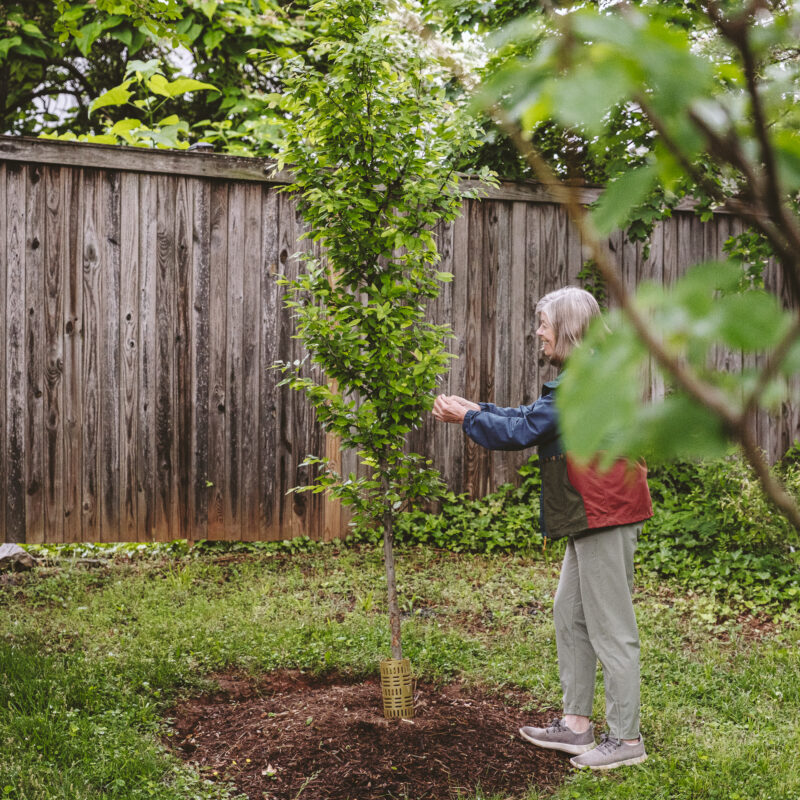After serving the Charlottesville community for almost 10 years, I will be closing my office later this fall. It’s been an exciting decade, culminating for me with last year’s publication of the four-volume book, Sexual Health, which I co-edited. Now is a good time for me to shift into lower gears and reflect on the changes in the sexuality field I have witnessed over time.
Viagra became available in 1998 and almost overnight, the taboo of talking about sexual problems such as erectile difficulties was lifted. Especially when former senator Bob Dole took the stage to encourage other men to speak to their doctors about erectile dysfunction (ED), it became O.K. to acknowledge that you had sex—and that in that department things were not always going your way.
|
The ever-amiable Wendell Wood to Eric Strucko on the county Planning Commission: “I have to question your sincerity and what your goal is for this county.” |
Since then, many people have become more comfortable with discussing their sexual challenges, and to seek professional help. And many health professionals such as doctors, physician assistants, nurses, nurse practitioners, and certified midwives have educated themselves to better address the variety of problems that many of their patients face in the bedroom.
It’s not only physical challenges such as ED and pain during sex that are being better addressed today than just a few years back, but also challenges that have psychological roots, and quite a few mental health professionals are seeking training in sex therapy. Nevertheless, the subject of sex can be hard to bring up.
Here’s a typical scenario: the client or patient waits for the professional to ask him about his sex life, while the professional waits for a green light from the client or patient to talk about this intimate part of his existence. So quite frequently, the topic ends up never being discussed. If you have a question about your sex life, you should break the ice by asking your health provider about it.
Sex and sexuality are integral parts of most people’s lives. The World Health Organization defines sexual health this way: “Sexual health is a state of physical, emotional, mental and social well-being in relation to sexuality; it is not merely the absence of disease, dysfunction or infirmity.” I wholeheartedly embrace this broad view and I will continue to consult, lecture, research, and write about sexual health in the years to come.
I look forward to keep contributing to the Sex Files column—just not as frequently as over the past year. Instead of appearing every two weeks in C-VILLE, The Sex Files will continue to be a periodic part of the C-VILLE supplement SUGAR. So stay tuned. And I always welcome feedback and suggestions from you about what to write about next.
Since the spring of 2007, in this column I have covered a wide range of topics, from A (anal sex) to Z (zoology questions such as how mammalians being “in heat” compare to humans being horny). All these articles are available in the C-VILLE Weekly archive online, as well as on my website annetteowens.com, where I will continue to provide current information about sexuality and sexual health.
If you are looking for more information about sexuality, I can recommend these organizations and Web links:
The American Association of Sexuality Educators, Counselors, and Therapists (AASECT, aasect.org) where you can locate certified professionals in your area and where training opportunities are offered.
The Sexuality Information and Education Council of the United States (SIECUS, siecus.org) has information and links about sexuality education, adolescent sexuality, teen pregnancy, sexually transmitted infections, sexual orientation, sexual and reproductive health, and more. This is a good place to start a search for credible resources.
Advocates for Youth (advocatesforyouth.org) offers a wealth of information for adolescents and their parents in English as well as Spanish.
For sexuality related articles, Q&As, tips, and educational videos, go to loveandhealth.info or sexualhealth.com. Both websites have content that is written by qualified sexuality professionals, something that is not always a given when you are surfing the Web for information about sex.






